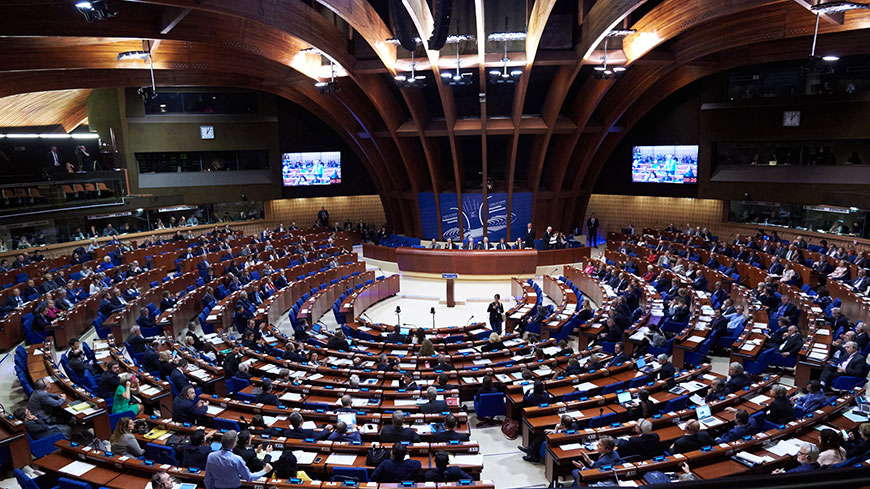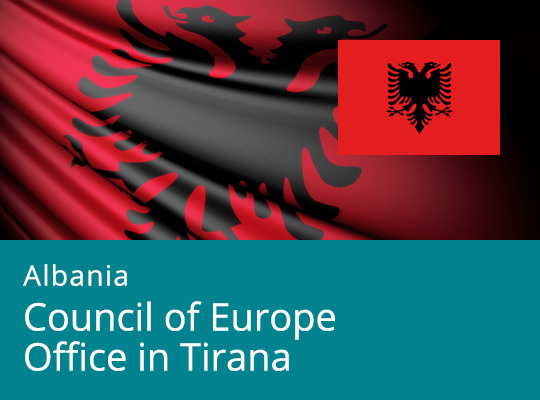Following a visit to Tirana, the co-rapporteurs of the Parliamentary Assembly of the Council of Europe (PACE) for the monitoring of obligations and commitments by Albania, Andrej Hunko (Germany, UEL) and Joseph O’Reilly (Ireland, EPP/CD), have expressed their satisfaction with the on-going vetting process of judges and prosecutors in the country. “Regrettably the very high number of candidates rejected due to questions regarding their ethical standards and the origin of their assets shows how necessary this process is for the creation of an independent judiciary that is free from corruption and influence peddling,” said the co-rapporteurs.
At the same time they emphasised that “the fact that nearly all rejected candidates were rejected on the basis of questionable assets shows that the current system of inspections and audits of asset declarations for high-level officials, including members of parliament, judges and prosecutors – which is a key instrument to detect corrupt practices – does not function adequately and needs to be improved.”
The co-rapporteurs expressed concern at the fact that, as a result of the on-going vetting process, the country is currently without a functioning High Court and Constitutional Court, while a number of important judicial bodies such as the High Judicial Council and the High Prosecutorial Council, as well as the Specialised Prosecutor for High Level Corruption and Organised Crime (SPAK) and related specialised Court, have not yet been established. They welcomed the assurances from many of the relevant partners that progress in the number of candidates vetted would soon allow these bodies to be established and become operational.
The rapporteurs highlighted the importance of the vetting process in the fight against corruption but emphasised that more steps need to be taken and that marked progress and concrete results, especially in the fight against high-level corruption and organised crime, are needed. “In that respect, our expectations with regard to SPAK are very high,” they said. The need for renewed impetus was also clear from the information they received that, despite the fact that police flights over the country have detected hardly any new cannabis fields, the quantities of cannabis from Albania intercepted at the Greek and Italian borders still remain very high, while there are indications that Albania has become a transit country for hard drugs coming from Latin America and Asia.
The political environment, the co-operation between ruling majority and opposition, as well as electoral reform in line with OSCE/ODIHR and Venice Commission recommendations, were main topics during the discussions with all political forces. The co-rapporteurs regretted that the political environment remained polarised and confrontational. They stressed that the proper platform for political interaction and debate is the Albanian parliament and therefore called on the opposition parties not to obstruct the work of the parliament or to boycott important debates and votes.
At the same time they urged the ruling majority to give the proper space for the opposition to function and to engage in a genuine and meaningful dialogue with the opposition on key reforms and the governance of the country. “This is especially important for electoral reform, which should be based on an as wide a consensus as possible, in order to ensure that the local elections in 2019 are accepted by all stakeholders as democratic and fair,” said the co-rapporteurs.




